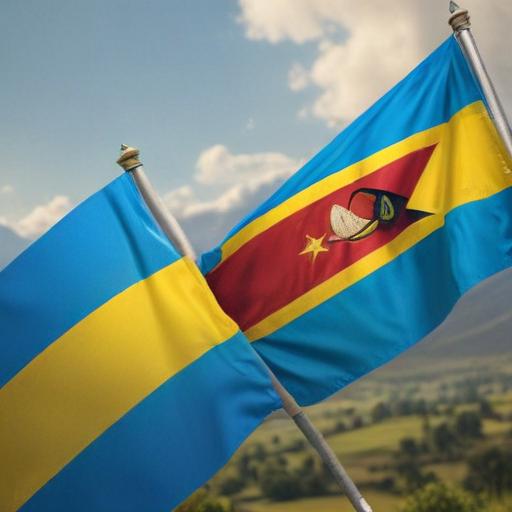Rwanda and the Democratic Republic of the Congo (DRC) have recently signed a peace agreement facilitated by the United States, as announced by former President Trump. This deal aims to address ongoing tensions and conflicts in the mineral-rich regions of the two countries. Despite the signing, the agreement has left numerous questions regarding its contents and implications for the complicated war that has persisted in the area.
The region, known for its vast mineral wealth, has been a focal point of conflict, with various factions vying for control, leading to significant humanitarian crises. Previous attempts at brokering peace in this region have faced challenges, and it remains unclear how effectively this new agreement will address the deep-rooted issues.
While the signing of the deal could be seen as a hopeful step toward fostering stability and peace in Central Africa, it is essential for all parties involved to commit to upholding the terms of the agreement and maintaining open lines of communication to resolve underlying disputes. The ultimate success of this peace deal will depend on the willingness of both nations to move forward collaboratively and address the complexities of their historical relationship.
In a landscape where peace is often hard-won, the signing of this agreement could pave the way for constructive dialogue and potential reconciliation, benefiting not just Rwanda and the DRC, but the entire region.
